In winter, if we want to build resistance against the diseases brought by falling temperatures, cooling weather and harsh winds, we should consume plenty of fruit. So, which fruits can we consume in winter? Read on to get to know the winter fruits that strengthen our immunity and make us resistant to diseases thanks to the minerals and vitamins they contain.
What are Winter Fruits?
1. Grapefruit
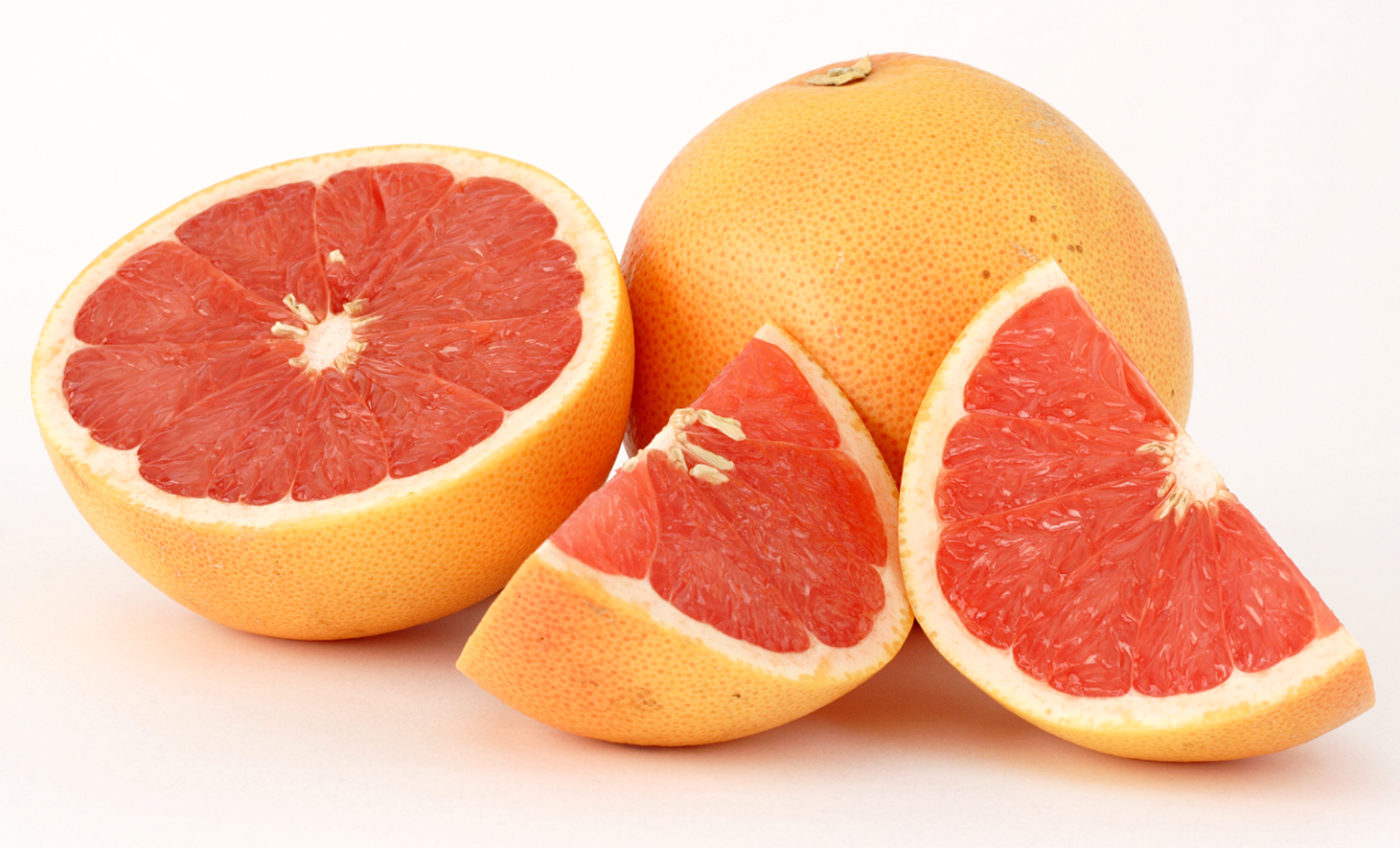
When it comes to winter, one of the first fruits that comes to mind is undoubtedly grapefruit. Grapefruit is a citrus variety. It has a taste between bitter and sour. The most important feature of this fruit is that it is a vitamin C store. In addition to vitamin C, it is also rich in vitamin A. Although it is not consumed raw, it is usually squeezed and made into juice and drunk. It tastes really great as fruit juice. Grapefruit is also an ideal option for people who want to lose weight. As a fruit that grows on a tree like other citrus fruits, its nutritional values are as follows:
- Calories: 74 kcal
- Total fat: 0.23 grams (g)
- Carbohydrates 18.58 g
- Diyet lifi: 2,5 g (günlük değerin %10’u DV)
- Protein: 1.45 g (%2.9 DV)
- Sugars 16,05 g
- Calcium: 28 milligrams (mg) (%2,8 DV)
- Iron: 0.21 mg (%1.17 daily value)
- Magnesium: 18 mg (%4.5 daily value)
- Phosphorus 18 mg (%1.8 DV)
- Potassium: 320 mg (%6.8 of the daily value)
- Zinc: 0.16 mg (%1.1 of the daily value)
- C Vitamini: 79,1 mg (günlük değerin %131,83’ü)
2. Orange
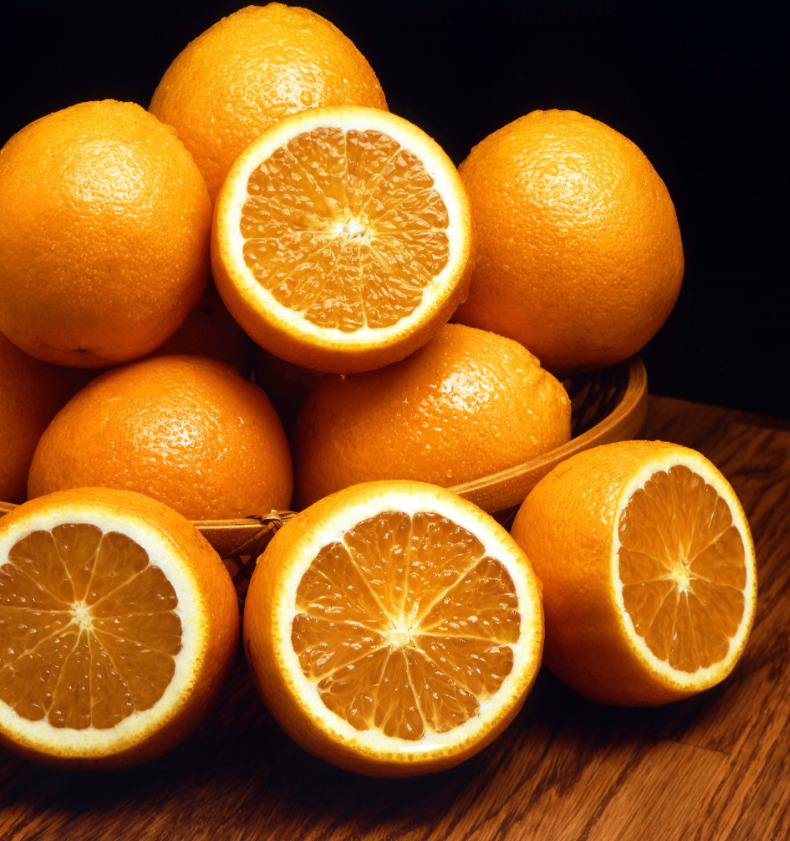
Oranges are a low-calorie and highly nutritious citrus fruit. Besides its sweet taste, oranges can be consumed in many different ways, helping to reduce the risk of many diseases. For example, you can consume orange juice, jam, marmalade and raw, eat it whole or grate the orange peel to add flavor to desserts and cakes.
This popular citrus fruit is particularly known as a storehouse of vitamin C. In addition, it contains a range of antioxidants and minerals that can reduce inflammation in the body and strengthen the immune system. The nutritional values of a medium-sized orange are more or less as follows:
- 61.6 calories
- 0.16 g fat
- 237 milligrams of potassium
- 15.4 g carbohydrate
- 12.2 g sugar
- 1.23 g protein
3. Banana
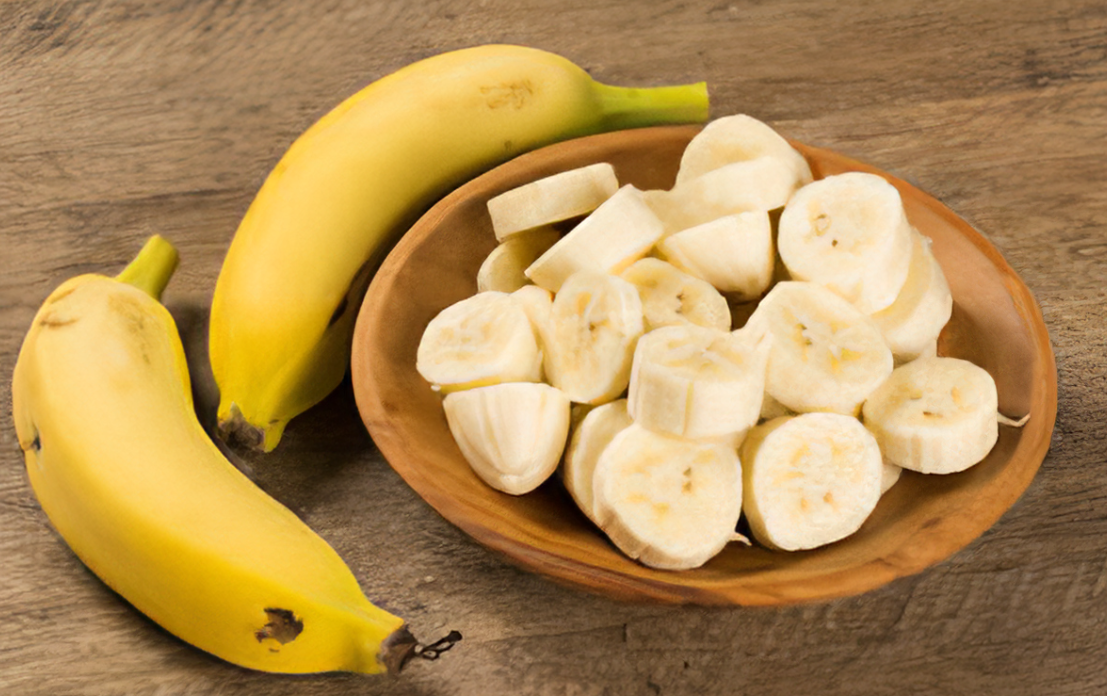
Banana, which is a rich source of potassium, is actually a fruit that can be consumed in all seasons. It is also very rich in vitamin B 6. Banana with countless health benefits, Anxiety It is said to be good for anxiety and mood disorders such as anxiety and stress. Banana can be used in many different ways. If you wish, you can use this delicious fruit to add flavor to your dessert recipes such as cake, cake, custard and pudding. The nutritional value of 100 g banana is given below:
- Total Fat: 0 g - %0
- Toplam Karbonhidrat: 30 gr – %10
- Cholesterol: 0 mg - %0
- Diyet Lifi: 3g – %12
- Sodium: 0 mg %0
- Candies 19 g
- Potasyum: 450 mg %13
- Protein 1 g
- Vitamin A %2
- Calcium: %0
- C vitamini: %15
- Iron %2
4. Nar

Pomegranate is one of the most popular and favorite fruits. Especially famous among winter fruits, it tastes like a mixture of sweet and sour. It is among the healthiest fruits in the world. It contains a range of beneficial plant compounds, vitamins and minerals that are unrivaled by any other food. Scientific research also shows that this fruit can have various benefits for the body and reduce the risk of developing many diseases. The nutritional value of about 175 g of pomegranate is as follows.
- Fiber: 7 grams
- Protein 3 grams
- C Vitamini: Günlük ihtiyacın %30’u
- K Vitamini: Günlük ihtiyacın %36’sı
- Folat: Günlük ihtiyacın %16’sı
- Potasyum: Günlük ihtiyacın %12’si
5. Apple
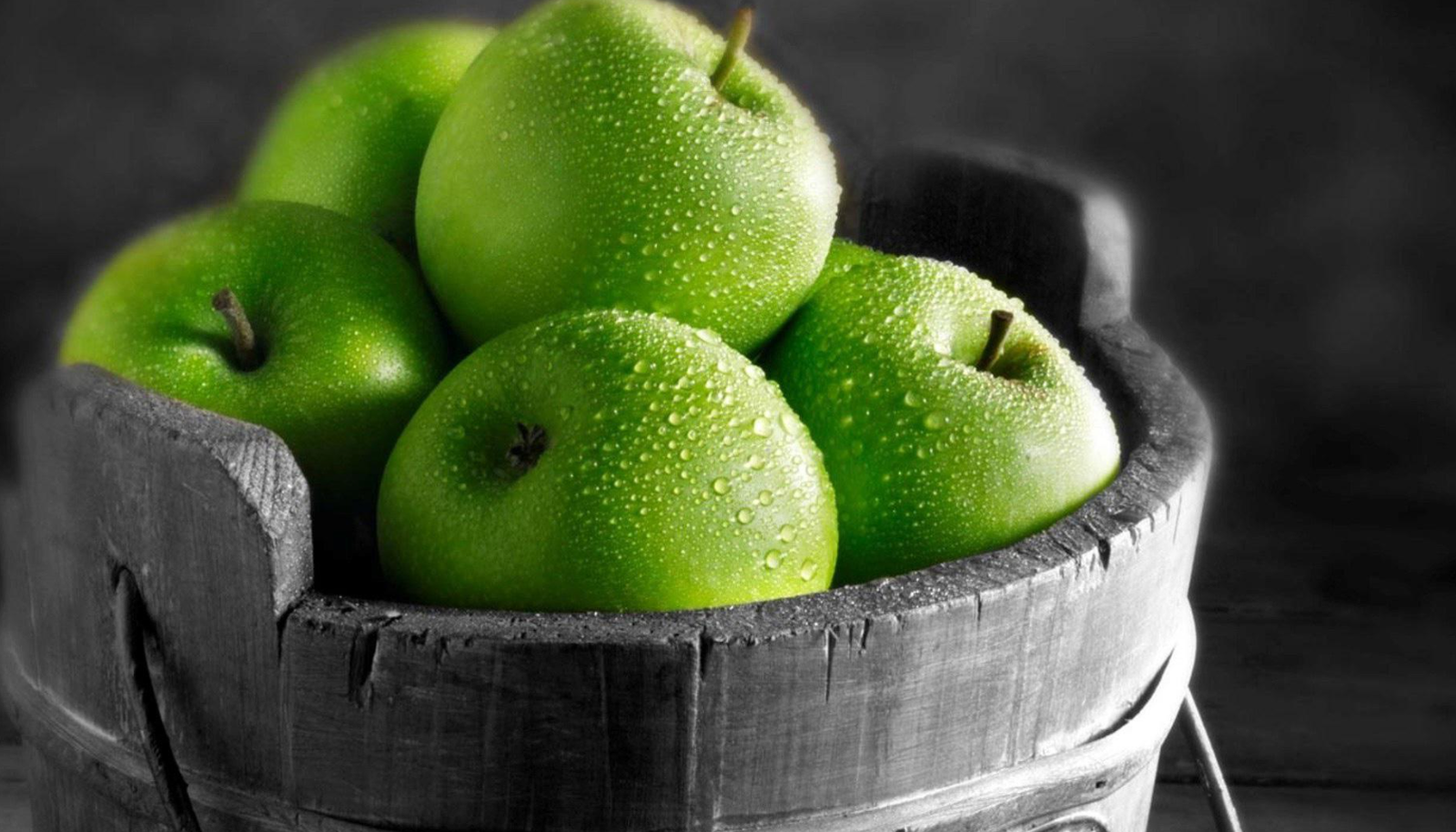
Whether green or red, apples are among the most popular fruits in the world. They have many benefits for human health. And these are scientifically proven. Therefore, it is an extremely healthy fruit. It strengthens our immune system against diseases that develop and spread with the cooling of the weather in winter. One medium-sized apple (182 grams) has the following nutritional values:
- Calories: 95 kcal
- Carbohydrate 25 grams
- Fiber: 4 grams
- C Vitamini: Günlük ihtiyacın (RDI) %14’ü
- Potassium: %6 of the daily requirement
- Vitamin K %5 of daily requirement
6. Kiwi
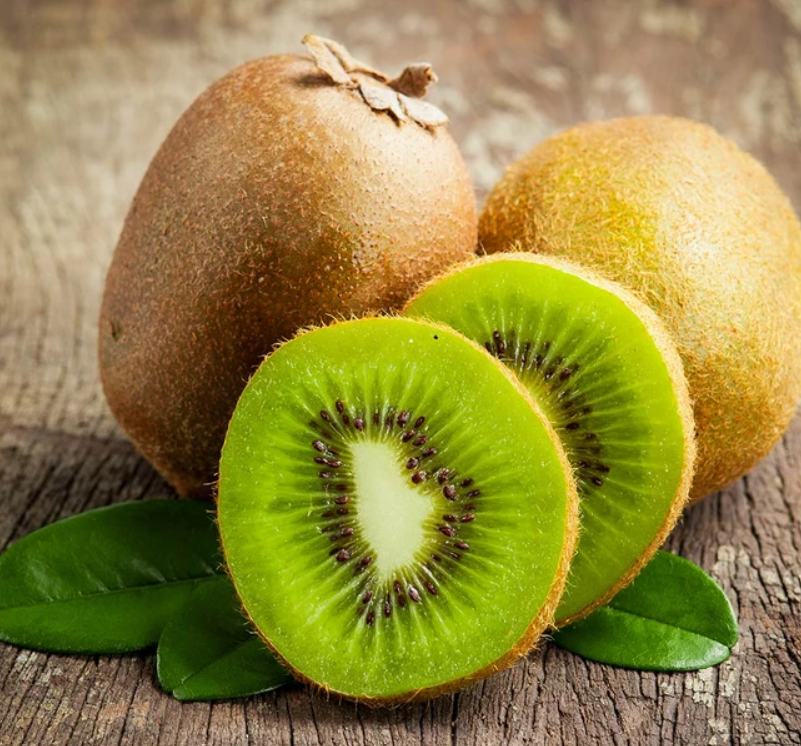
One of the most delicious fruits in the world, the kiwi is a small fruit that contains plenty of vitamins and minerals. The fruit has a green appearance and tastes both sweet and tangy. It is also packed with nutrients such as vitamin C, vitamin K, vitamin E, folate and potassium. It contains many antioxidants and is also a good source of fiber.
It has small black seeds and hairy brown skin. Although the skin is not eaten by most people, there are some who eat the skin. Thanks to different cultivation options, this wonderful fruit can be found in every season throughout the year. In our country, it is intensively grown in the Black Sea region. The fruit in question is rich in vitamin C and has a very low sugar content. The nutritional value of 100 g kiwi is as follows:
- Calories: 61 kcal
- Oil: 0.5 g
- Sodium: 3 mg
- Carbohydrate 15 g
- Sugar 6 - 9 g
- Fiber: 3 g
- Protein 1.1 g
Conclusion
Winter fruit... We have introduced you to 6 fruits among the fruits that grow in winter, each more delicious than the other. You can share with us your favorite winter fruit that you eat and love very much in the winter months by indicating your favorite winter fruit in the comments.
See also:
7 Recommended Supplements for Vitamin Supplementation!
What is Vitamin B12? What are the symptoms of B12 deficiency?



